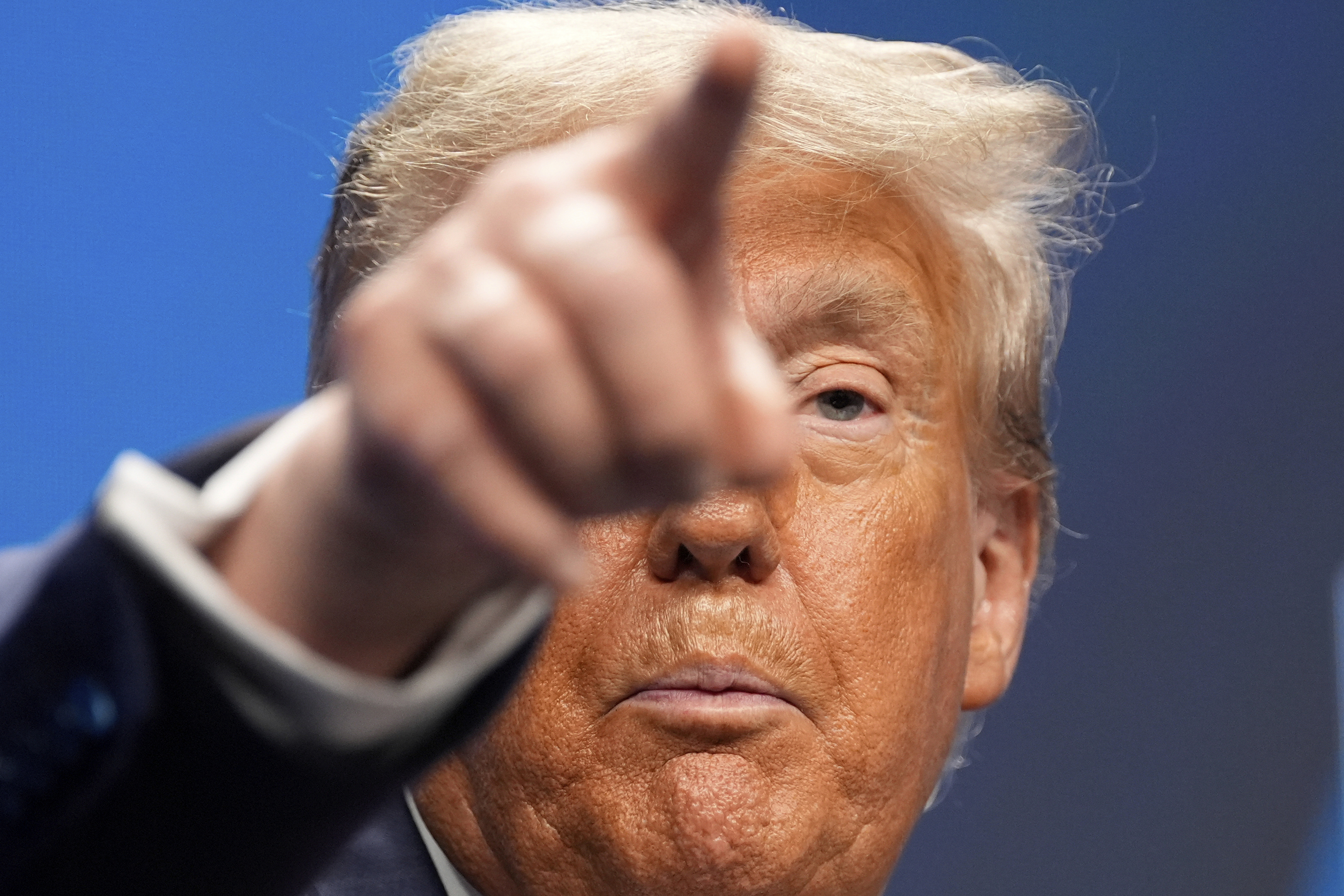NATO allies will have to undergo an annual examination to verify if they have fulfilled all their military capabilities. With all the obligations assigned to them as members of the North Atlantic Treaty Organization. If these tests show that a country has not done so, the rest of the members may demand that nation to immediately increase Defense spending. As early as next year, in 2026.
And this mechanism will be especially relevant in the case of Spain, a country that NATO is certain will have to increase spending well beyond the 2.1% of GDP forecasted by the Spanish government. According to Pedro Sánchez, Spanish military authorities have assessed these capabilities and have concluded that slightly over two percentage points of GDP spending will be sufficient.
NATO argues otherwise, stating that their estimates indicate that Spain will need to reach 3.5% of hard investment, in addition to the 1.5% in security-related expenses, such as critical infrastructure or cybersecurity. These annual assessments will, therefore, reveal the reality.
NATO Secretary General, Mark Rutte, has sought to include this system in the agreement that countries signed this week in The Hague, which also includes the commitment to reach 5% investment in Defense despite Sánchez's defiance. The Alliance's leader's intention is to prevent a repeat of what happened after the Wales summit in 2014 when allies agreed to gradually reach 2%, but many, such as Spain, made little real effort. Only pressure in recent months has finally led, according to the government's own calculations, to investment reaching those two GDP points this year.
With these annual checks, Rutte aims to avoid such a scenario. NATO emphasizes that the Alliance itself does not have the capacity to demand that countries increase investments if commitments are not met, but it will be the allies themselves who will do so. Given the precedents and recent events, they will surely do so.
Just yesterday, U.S. President Donald Trump once again pointed publicly at Spain and stated that it "has not fulfilled" the commitment to reach 5% of GDP "but it will." "Guaranteed it will," he said. But Europe will also closely monitor what the Sánchez government does and will exert pressure. In the past week, Sweden, Finland, Poland, and Denmark have publicly criticized the Spanish government.
Even Belgium, which at one point seemed like it could be an ally of Spain in its defiance, stated that Sánchez would be a "genius" if he manages to meet all obligations with only that 2.1% investment while other countries have to go to 3.5%+1.5% to do the same. And Italian Prime Minister Giorgia Meloni also used irony to say that the Spanish president signed the same document as her.
"Italy has done like Spain, which has signed exactly the same document as us. I don't think I heard any controversial or discordant issues in anyone's intervention this morning. Everyone did it and said, hooray, very good, bravo. I officially announce that we have done like Spain or Spain has done like us, I don't know, but all 32 of us have done exactly the same thing," she said last Thursday.
In addition to these annual assessments, NATO will also check in 2029 if the current capacity objectives are still appropriate at that time, whether they need to be increased because, for example, the threat from Russia has intensified, or even if they need to be reduced, although the latter option seems unlikely.
The Spanish government has referred to this reassessment on several occasions, overlooking the annual checks. But these are two different issues: compliance will be reviewed year by year, and in four years, an analysis will be conducted to determine if the required capabilities are adequate.
